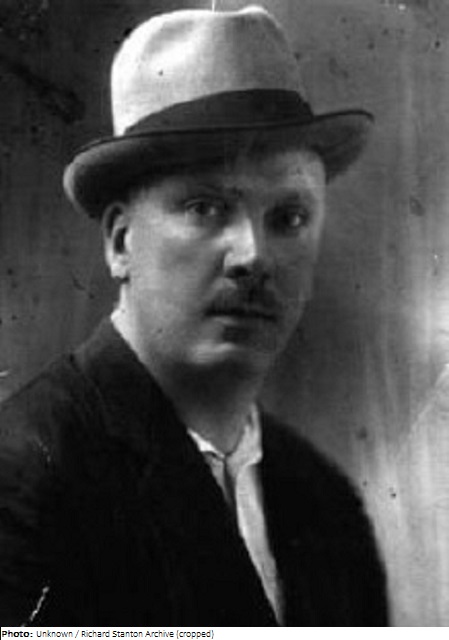Bruno Fattori studied literature in Rome and Bologna, where he received his doctorate in 1913. He served during World War I, but was discharged in 1916 after he was twice injured, for which he received a bravery medal. After the war, Fattori became a teacher in Senigallia and Ascoli Piceno, before eventually moving to Pisa. In the period of Italian fascism, Fattori participated in the 1936 art competitions of the Olympic Games, and was awarded the silver medal for his poem Profili Azzurri. In 1933 he published Linee azzurre: liriche sportive. His prizewinning poem may be contained in this book. In the 1928 art competitions many works had been submitted under a pseudonym or, as it is called in the art program, a “motto”. Italy submitted a work entitled Dédalo e Icaro under the motto “Tella tuta bonis metuenda supremis” (The safe earth must be feared by the good gods). In 1930, a 28 pages long poem called Dedalo e Icaro: Carme was published by Bruno Fattori. In the foreword of this booklet, the participation in the Olympics is confirmed. Fattori was awarded the “Premio Goethe di Poesia”, which was to strengthen the ties between fascist Germany and Italy. He primarily wrote poetry, but also translated French poetry from the 19th century. Sport, and his city Pisa, played a major part in his works.

 Italy
Italy ITA
ITA ITA
ITA